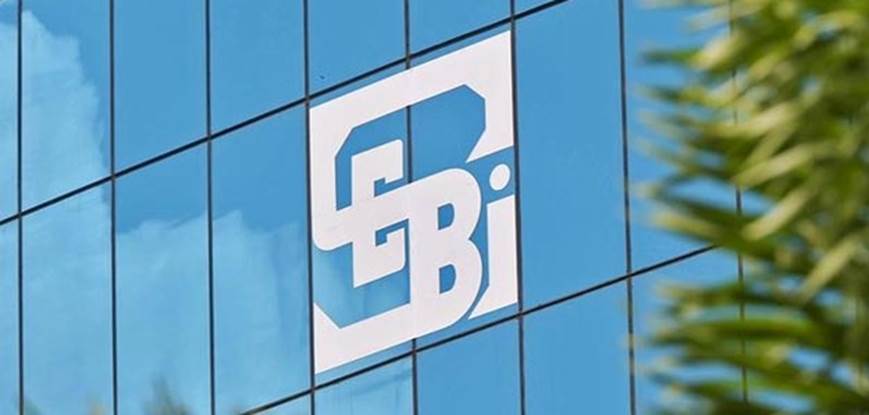 Image Source: Reuters India
Image Source: Reuters India
SEBI issued a discussion paper today with inputs from all stakeholders such as investors, infrastructure institutions and intermediary to understand how Algorithmic Trading has led to fairness, concerns and changes in market quality in recent years.
It states that more than 80% of the orders placed on most of the exchange traded products are generated by algorithms and such orders contribute to approximately 40% of the trades on the exchanges.
The study quotes the available literature that indicates pros and cons of Algorithmic Trading.
Pros of Algorithmic Trading
- improved market quality
- tightening of spreads
- better liquidity
Cons of Algorithmic Trading
- adverse selection costs for non-algorithmic traders and
- increased probability of ‘flash crashes’ vis-à-vis the situation in the pre-algo / pre-colocation era
Overview
From 2008, when SEBI allowed direct market access in India, it has played a crucial role in shaping algo trading in India by maintaining strong regulations and conducting effective audit checks.
The document highlights different regulatory possibilities which SEBI is currently analyzing pertaining to Resting time for orders, continuous matching systems, delays in order processing, randomization of orders and maximum order message to trade ratio.
To be able to manage risk well while allowing the market to grow intelligently, a thorough knowledge on algorithmic trading, networking, and technology involved is required. It is very crucial that an optimum combination of checks and leverages are allowed for the market to remain flexible, adjust itself while avoiding losses and crashes from human or machine errors. We hope such efforts from SEBI and other regulators worldwide would result into more mature and safe markets globally.
Read the entire article here. It invites public comments along with reasoning and data on the proposals and discussion.

